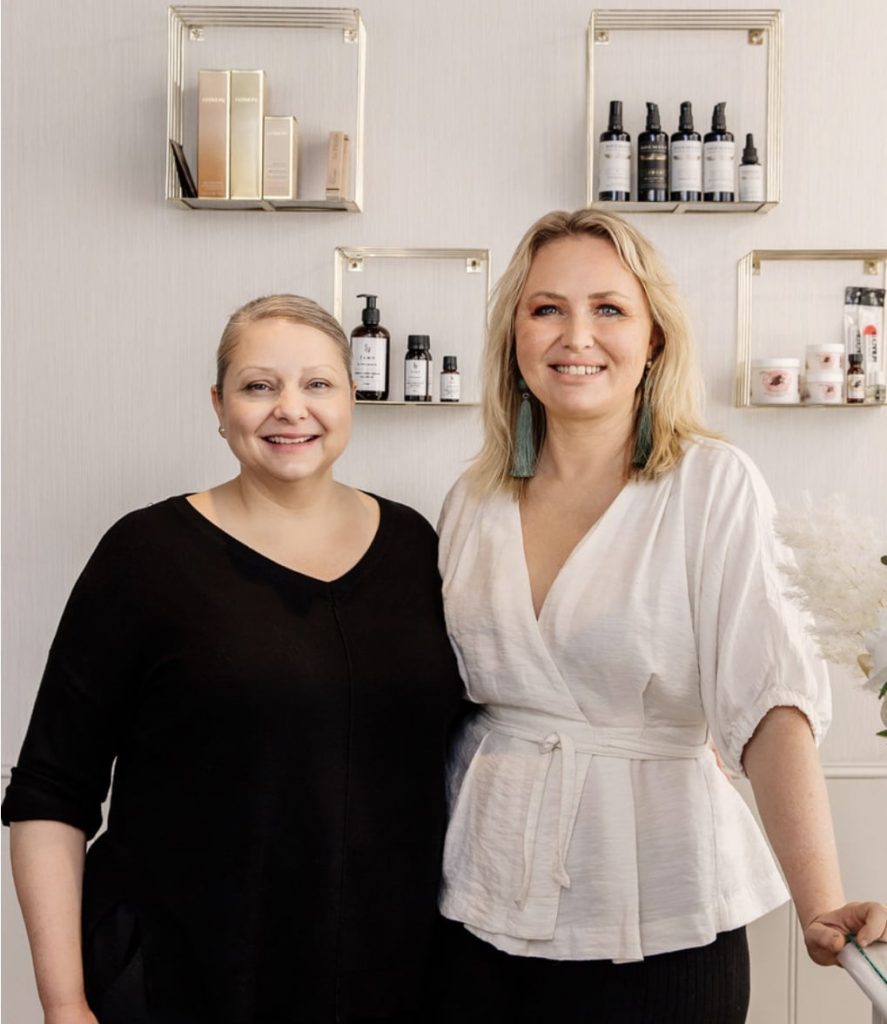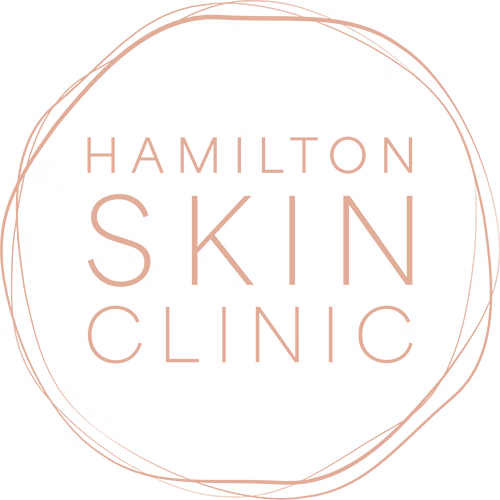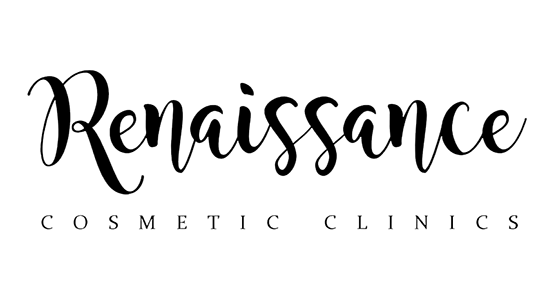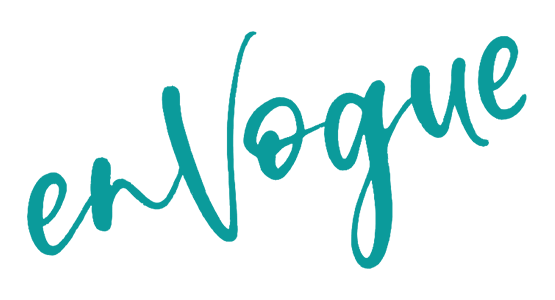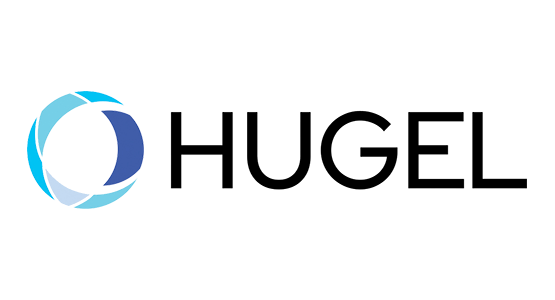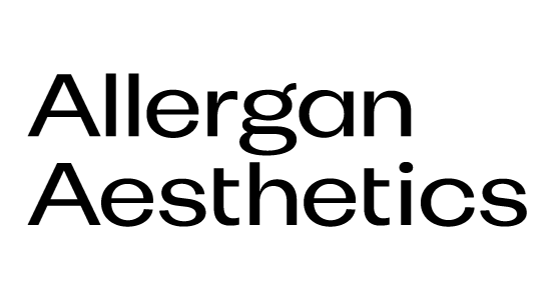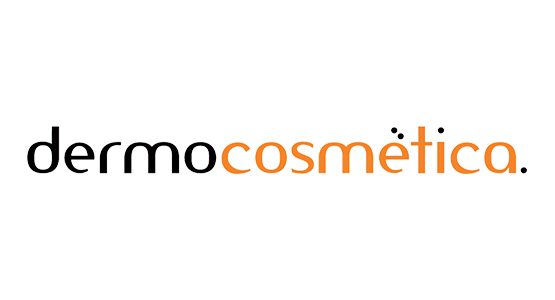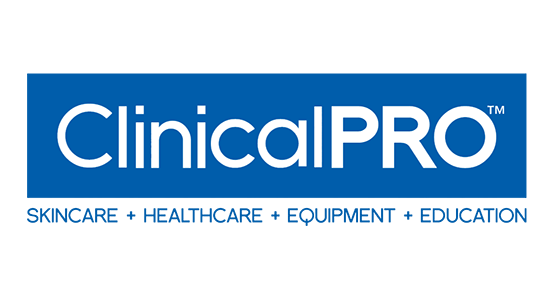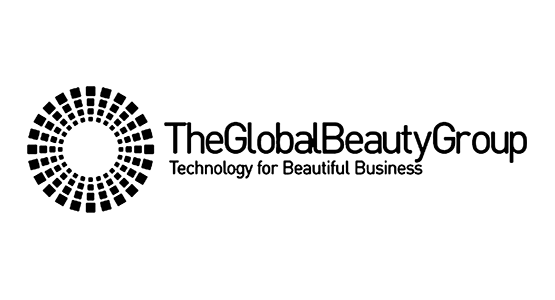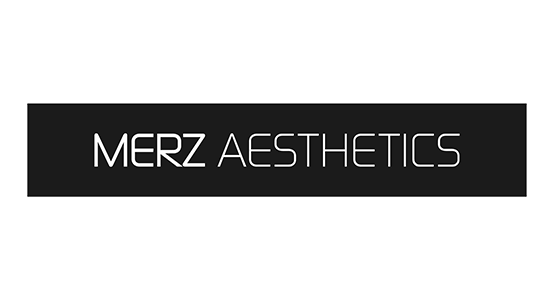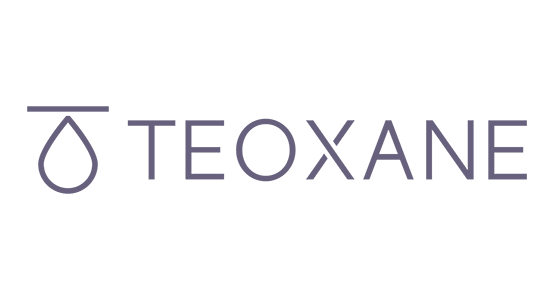Tretinoin for acne
Constantly I am asked in Wilston cosmetic clinic about Retin A and Retinol for acne and antiageing. I will often explain what the differences are between the two products. There are a number of posts I have supplied on my blog explaining about Retin-A and Retinol, today, I am exploring Tretinoin which is a form of Retin A.
Topical tretinoin is a generic form of acne medication Retin-A. Tretinoin can be purchased with a prescription from a Doctor or at a medical cosmetic clinic.
Typically, topical tretinoin is both a short-term solution and long-term treatment option for clearing up active breakouts. It’s used for hard-to-clear acne blemishes on your skin.
Tretinoin is effective for many people, but it’s not for everyone. Keep reading to find out what you should know before trying tretinoin for your acne.
Benefits of tretinoin
Tretinoin is a retinoid, meaning it’s a form of vitamin A. Retinoids stimulate cell turnover on your skin. Dead skin cells are cleared off your skin more quickly as new skin cells rise to the surface. Quicker cell turnover opens your pores, releasing trapped bacteria or irritants that are causing your acne.
Retinoids like tretinoin also help your skin to regulate its natural oil (sebum) production, which can prevent future breakouts. They also have anti-inflammatory properties that clear up active acne pustules.
Tretinoin for wrinkles
Tretinoin has been studied extensively for its impact on the visible signs of aging. Tretinoin cream has demonstrated both short-term and long-term effects on the appearances of wrinkles, that’s why tretinoin is a popular ingredient in many over-the-counter face and eye creams albeit in much lower doses.
Tretinoin for acne scars
Tretinoin can also be used to decrease the appearance of acne scarring. Since tretinoin speeds up cell turnover on your skin, it can encourage new cell growth at the site of scarring.
Tretinoin in several forms has been tested successfully as an effective way to treat acne scars. Tretinoin is also sometimes used to prep skin for chemical peel treatments that target scarring.
Tretinoin side effects
Using tretinoin for acne can cause side effects. Not everyone will experience all of the side effects, and some may be more severe than others. Possible side effects include:
- burning or itching skin
- peeling or redness on your skin
- unusual dryness of your skin
- skin that feels warm to the touch
- skin that turns a lighter color at the site of application
It can take up to 12 weeks to see results from using tretinoin. If your skin seems irritated by using it, check with a medical professional to see if symptoms are within the range of what’s normal for tretinoin.
If, after 8 to 12 weeks, you don’t see any improvement in your skin, speak with a medical professional. Tretinoin is not recommended for people who are pregnant or breastfeeding.
When you’re using tretinoin, be extra careful about your exposure to the sun and ensure you wear sunscreen whenever you’re going outside. Also additional preventative measures like wearing a hat with a broad brim.
It’s extremely rare but possible to overdose on tretinoin. Overdoses are more likely to occur in prescription-strength forms of this medication (such as Retin-A). Signs of an overdose include having trouble breathing or losing consciousness.
If you feel like you’re having an allergic reaction or experiencing serious side effects from tretinoin, discontinue use and seek medical attention immediately.
Drug interactions
Other topical acne medications can interact with tretinoin and irritate your skin or aggravate side effects like burning on your skin. Unless they’re part of a plan you’ve discussed with your medical professional, avoid using other topical skin treatments (such as benzoyl peroxide, salicylic acid, and products containing sulfur) while using tretinoin. Also, avoid products that dry your skin, such as astringents and cleansers that contain alcohol.
Notably, tretinoin concentrations less than 0.01% are largely ineffective in the treatment of photodamaged skin (16-18). Topical application of other retinoids, such as isotretinoin and retinol also lead to clinical improvements, again with less skin irritation and after a much longer exposure time than tretinoin (19).
How to use tretinoin cream
If you want to use tretinoin to treat acne, start by choosing a cream or gel that has a low amount (0.1 percent) of the active ingredient tretinoin. If needed, you can work up to higher amounts as your skin becomes accustomed to the treatment.
To apply tretinoin safely and effectively:
- Clean your skin with warm water and pat dry before using any topical acne medication. Wash your hands before applying any cream or lotion to your face. Wait a few minutes to make sure your skin is completely dry before you use the medication.
- Apply just enough of the medication to lightly cover the affected area. You don’t need to build a thick layer of the medication on your face. A dime-size amount of the medication should be enough to spread across your whole face.
- Using the tips of your fingers, spread the medication away from sensitive areas such as your eyes, your nostrils, and your lips. Rub the cream or gel in to your face lightly and let it absorb completely.
For best results, apply tretinoin once at bedtime so that it can absorb completely into your skin while you sleep. It’s best not to apply makeup in the hours immediately following this treatment.
